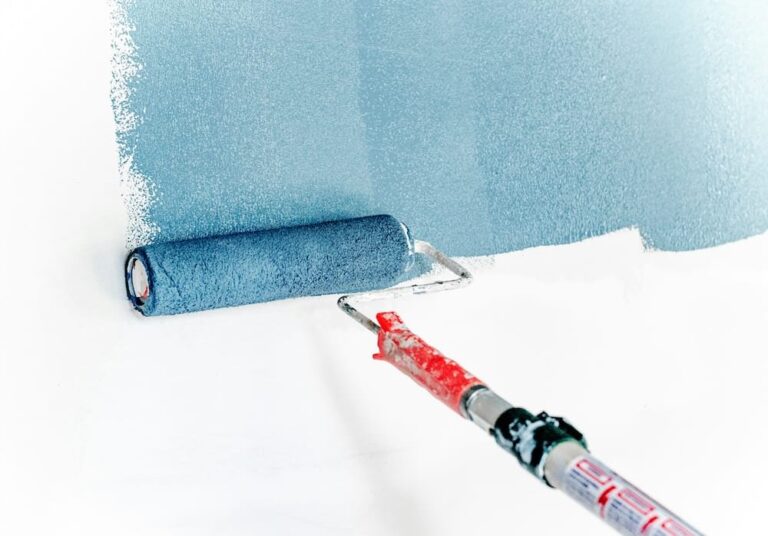adjectives as adverbs
In French, adverbs are commonly formed by adding -ment to the feminine form of an adjective (e.g., lent becomes lentement). However, in some cases, adjectives themselves are used as adverbs without any modification.
1. Common Adjectives Used as Adverbs
Several adjectives can function as adverbs without changing their form. They are typically short, often come after verbs, and modify the action rather than describing a noun.
| Adjective | Meaning | Example Sentence |
|---|---|---|
| cher | expensive / dearly | Il vend ses tableaux cher. (He sells his paintings dearly.) |
| clair | clear / clearly | Explique-moi ça clair. (Explain that to me clearly.) |
| dur | hard / harshly | Il travaille dur. (He works hard.) |
| fort | strong / loudly | Elle chante fort. (She sings loudly.) |
| haut | high / loudly | Parle plus haut ! (Speak louder!) |
| juste | just / accurately | Il a deviné juste. (He guessed correctly.) |
| court | short / briefly | Il coupe les cheveux court. (He cuts hair short.) |
| bon | good / well | Elle sent bon. (She smells good.) |
| faux | false / incorrectly | Il joue faux au violon. (He plays out of tune on the violin.) |
| sec | dry / curtly | Il répond sec. (He answers curtly.) |
| bas | low / quietly | Elle parle bas. (She speaks quietly.) |
| mauvais | bad / poorly | Il chante mauvais. (He sings badly.) |
| long | long / for a long time | Il réfléchit long. (He thinks for a long time.) |
| vite | fast / quickly | Il court vite. (He runs fast.) |
| raide | stiff / straight | Il se tient raide. (He stands stiffly.) |
2. When to Use Adjectives Instead of Adverbs
Using adjectives as adverbs typically happens in two main situations:
a) With Certain Verbs
Certain verbs naturally pair with adjectives instead of the expected -ment adverbs. These verbs often relate to perception, movement, or evaluation.
- Coûter (coûter cher) -> Cette voiture coûte cher. (This car is expensive.)
- Parler (parler fort / bas / haut) -> Il parle trop fort. (He speaks too loudly.)
- Travailler (travailler dur) -> Il travaille dur tous les jours. (He works hard every day.)
- Voir (voir clair) -> Je vois clair dans son jeu. (I see through his game.)
- Jouer (jouer faux / juste) -> Il joue faux au piano. (He plays out of tune on the piano.)
- Sentir (sentir bon / mauvais) -> Cette fleur sent bon. (This flower smells good.)
- Couper (couper court) -> Il a coupé court à la discussion. (He cut the discussion short.)
- Tenir (tenir raide) -> Il se tient raide comme un piquet. (He stands stiff like a post.)
b) Fixed Expressions
Some expressions naturally use adjectives instead of adverbs because they have become fixed over time.
- Voir clair -> Je vois clair dans son jeu. (I see through his game.)
- Jouer faux / juste -> Il joue faux au piano. (He plays out of tune on the piano.)
- Sentir bon / mauvais -> Cette fleur sent bon. (This flower smells good.)
- Parler bas / haut -> Il parle bas pour ne pas réveiller le bébé. (He speaks quietly so as not to wake the baby.)
- Aller droit -> Il va droit au but. (He goes straight to the point.)
- Tenir ferme -> Elle tient ferme à son opinion. (She holds firmly to her opinion.)
- Marcher droit -> Après quelques verres, il ne marchait plus droit. (After a few drinks, he wasn’t walking straight.)
- Couper net -> Il a coupé net la corde. (He cut the rope cleanly.)
3. Common Mistakes to Avoid
- Confusing adjective-adverb pairs
- ❌ Il chante bien fort. (Technically incorrect in standard French, but it may be heard in casual French to mean “he sings really loudly”)
- ✅ Il chante fort. (Correct: He sings loudly.)
- ✅ Il chante bien. (Correct: He sings well.)
- Overusing -ment forms where an adjective is preferred
- ❌ Il parle fortement. (This means “strongly” in a metaphorical sense.)
- ✅ Il parle fort. (He speaks loudly.)






